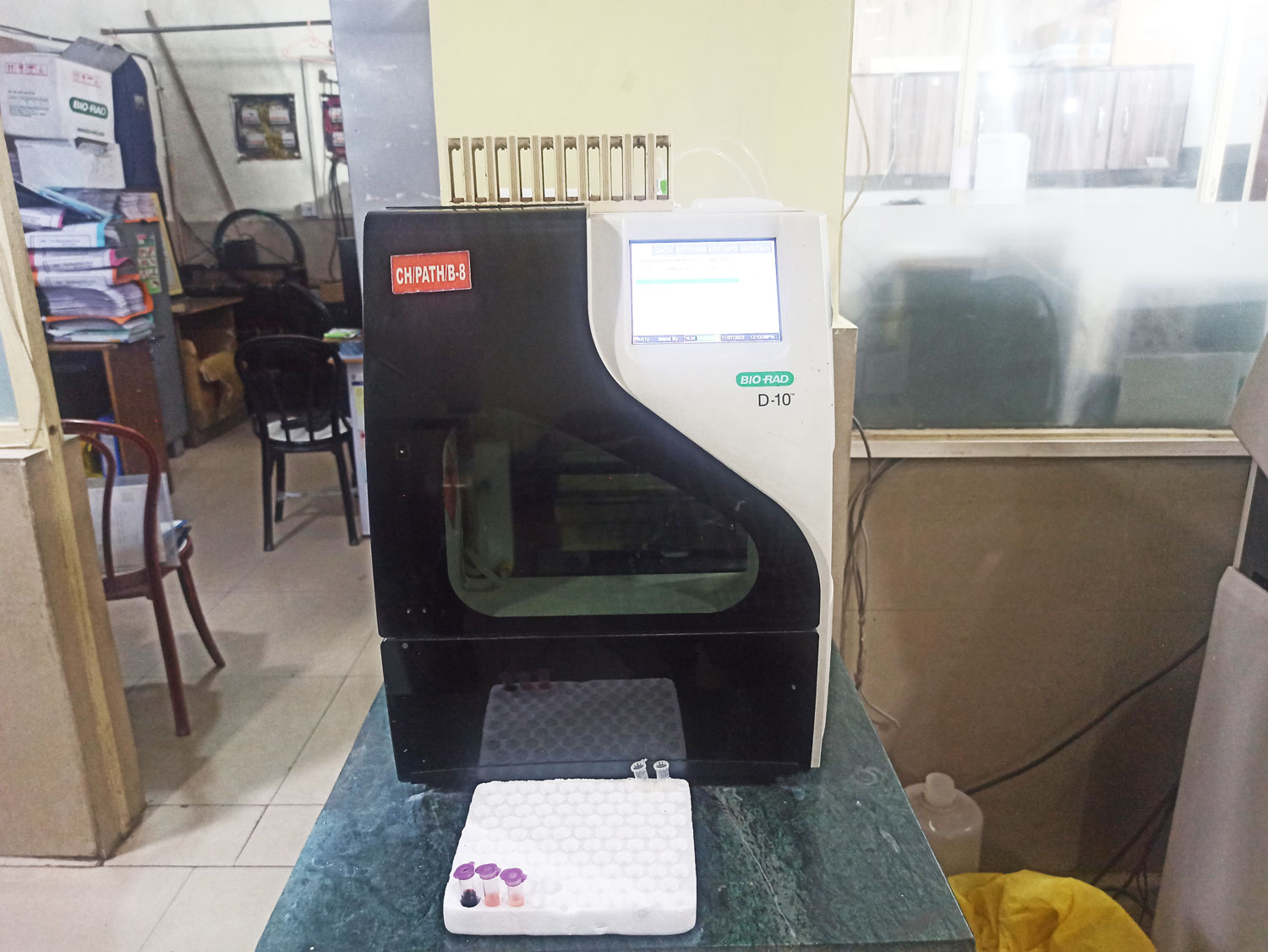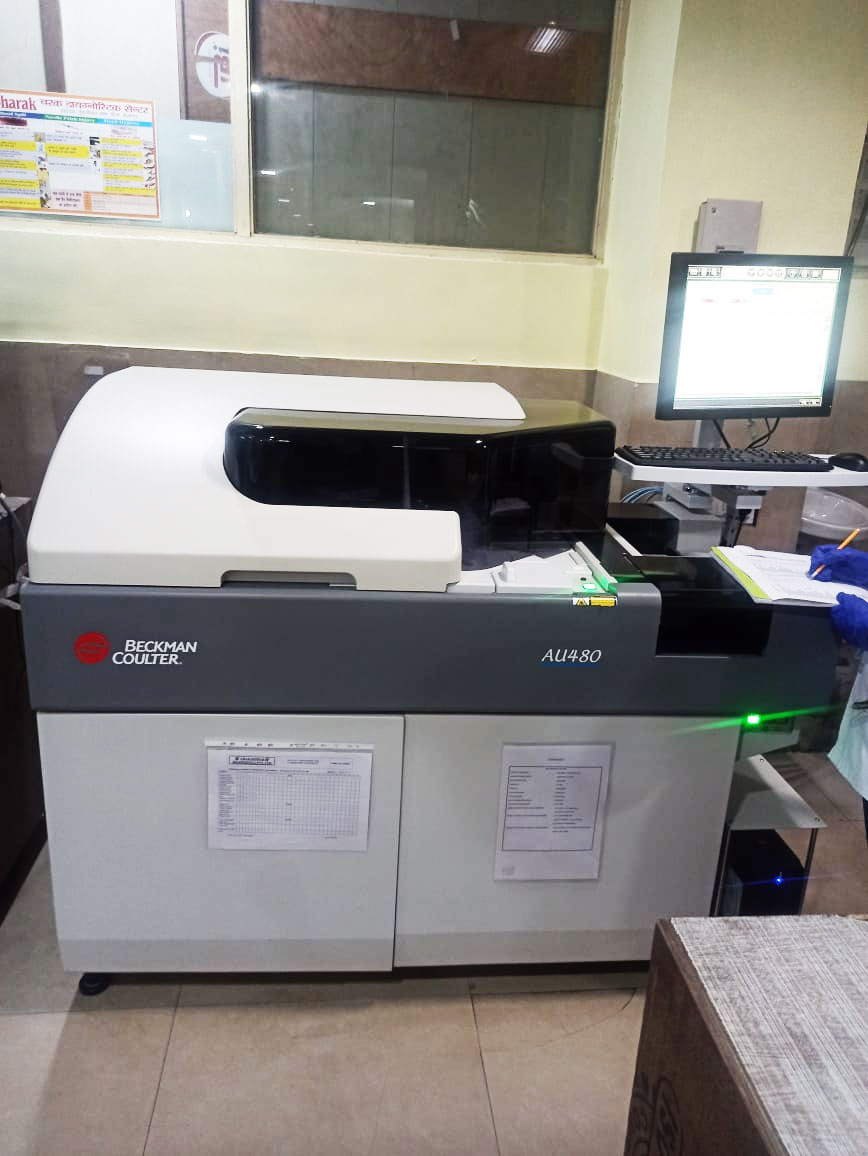Biochemistry is the branch of science that explores the chemical processes and substances that occur within living organisms. It is a multidisciplinary field that combines principles from both biology and chemistry to understand the molecular mechanisms that underlie various biological functions. Biochemists study the structure, function, and interactions of biological molecules, such as proteins, nucleic acids, lipids, and carbohydrates, and how they contribute to the processes of life.
Here are some key concepts and areas of study within biochemistry:
-
Macromolecules: Biochemists investigate the structure and function of macromolecules, including proteins, nucleic acids (DNA and RNA), lipids, and carbohydrates. These molecules are the building blocks of life and play crucial roles in cellular processes.
-
Enzymes: Enzymes are biological catalysts that speed up chemical reactions in living organisms. Biochemists study how enzymes work, their mechanisms, and regulation, as well as their significance in metabolic pathways.
-
Metabolism: Biochemical pathways are responsible for the conversion of nutrients into energy, the synthesis of cellular components, and the breakdown of waste products. Metabolism is a central focus of biochemistry.
-
Molecular Genetics: Biochemists study the structure and function of DNA, RNA, and the proteins involved in gene expression, replication, and repair. This field also includes the study of genetic diseases and recombinant DNA technology.
-
Cellular Signaling: Understanding how cells communicate with each other is crucial in biochemistry. This includes studying signaling molecules, receptors, and intracellular pathways that regulate various cellular processes.
-
Structural Biology: Determining the three-dimensional structures of biomolecules is essential for understanding their function. Techniques like X-ray crystallography and nuclear magnetic resonance (NMR) spectroscopy are used in this field.
-
Biochemical Techniques: Biochemists utilize a wide range of laboratory techniques to isolate, purify, and analyze biomolecules. These techniques include chromatography, electrophoresis, mass spectrometry, and various spectroscopic methods.
-
Biochemical Diseases: Biochemistry plays a significant role in understanding and treating various medical conditions, as many diseases are rooted in biochemical abnormalities. For example, inborn errors of metabolism, genetic disorders, and cancer all involve biochemistry.
-
Bioinformatics: With the explosion of biological data, bioinformatics has become an integral part of biochemistry. It involves the use of computational methods to analyze and interpret large datasets of biological information.
-
Environmental Biochemistry: This field focuses on the biochemical processes in the environment, including the metabolism of microorganisms, bioremediation, and the impact of pollutants on living organisms.
Biochemistry is a broad and dynamic field with numerous applications in medicine, biotechnology, agriculture, and environmental science. It plays a fundamental role in advancing our understanding of life processes and has contributed to the development of many life-saving drugs and therapies.



